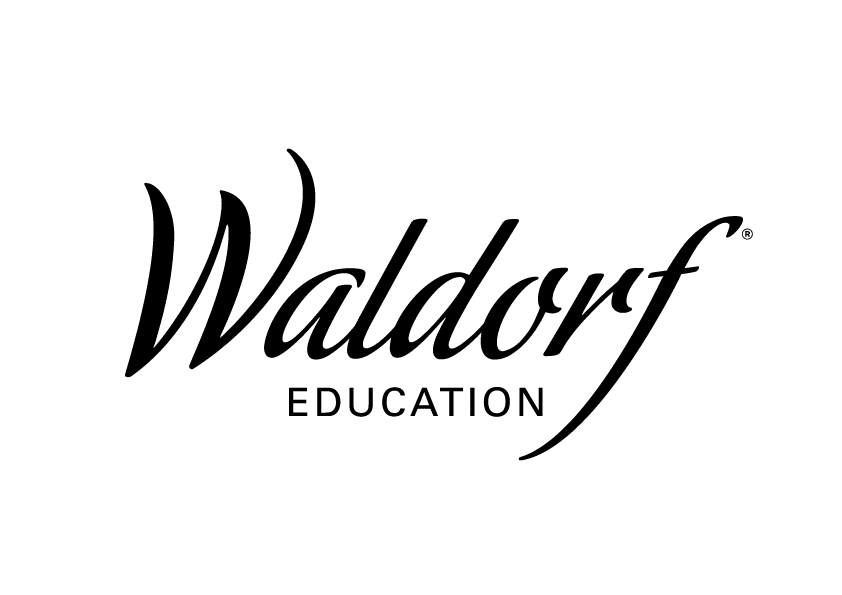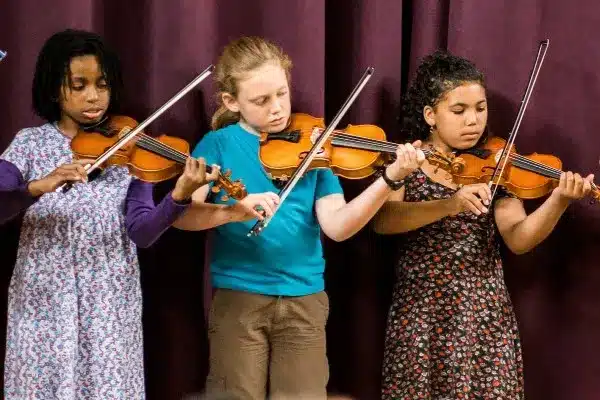Researchers in both neuroscience and education have noted the connection between music training and literacy skill building.
Nina Kraus, a neuroscientist and author of the book “Of Sound Mind: How Our Brain Constructs a Meaningful Sonic World,”establishes a key relationship between literacy and sound processing in her research — noting a direct connection between rhythm in music and rhythm in speech. She claims that literacy depends on detecting sound patterns, and this pattern learning is part of auditory processing.
Kraus believes music education is a vital complement to teaching core subjects. “Playing music will help with reading, writing and arithmetic, in addition to the other ways that it strengthens brain development.”
Music educator Anita Collins, author of “The Music Advantage: How Music Helps Your Child Develop, Learn, and Thrive,” agrees and often tells parents and teachers that when you stack up all the evidence about the benefits of music education, it’s a clear net positive for children.
“Supporting music learning is giving kids a gift for the rest of their lives. Even when they are older, their brain health will be stronger because of what they did when they were nine,” says Collins.
Read the article about these researchers and authors at KQED Mind Shift.
Photo Credit: Orchard Valley Waldorf School





